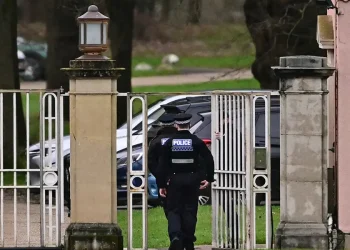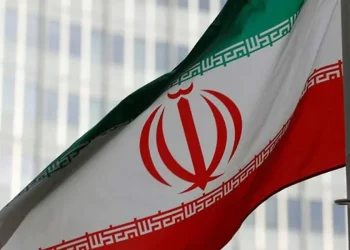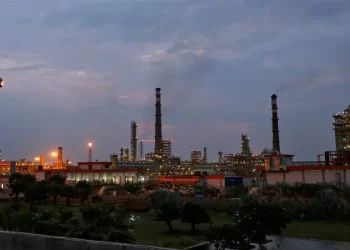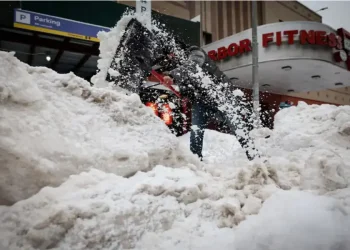LIMA, Peru (news agencies) — Peru’s Congress on Thursday passed a law establishing a statute of limitations for crimes against humanity committed before 2002, a decision that human rights organizations have warned could encourage impunity and thwart investigations into serious abuses.
It could also benefit figures including former president Alberto Fujimori and retired military personnel accused of — or even convicted for — crimes committed between 1980 and 2000 during an internal armed conflict that left thousands of victims.
According to the Peruvian prosecutor’s office, the legislation will have a direct impact on 550 victims and 600 cases, including investigations and judicial processes that would be archived or dismissed by statute of limitations.
Fujimori, who governed Peru from 1990 to 2000, was sentenced in 2009 on charges of human rights abuses. He was accused of being the mastermind behind the killings of the 25 Peruvians while the government fought the Shining Path communist rebels.
The new law, in fact, was promoted by the right-wing Popular Force (FP) party, led by Keiko Fujimori, the daughter of former president Fujimori, and it states that “no one will be prosecuted, condemned or sanctioned for war crimes or crimes against humanity committed prior to July 1, 2002.”
Initially approved in June, the law needed a second vote that took place Thursday.
Peruvian President Dina Boluarte can either enact the law or return it to Congress with further recommendations. Boluarte has not said what she will do.
Several lawmakers who were military and navy personnel during the armed internal conflict support the law.
The Institute of Democracy and Human Rights of the Pontifical Catholic University of Peru said in a statement that “the law aims to limit the application of internal justice through the extinction of any criminal liability due to the passage of time.”
In June, several human rights organizations in Peru warned that if the law were to be approved, impunity would be promoted in all cases that are part of the internal armed conflict from 1980 to 2000, including a famous trial in which former President Fujimori was accused of the 1992 massacre of six farmers executed by a clandestine group of soldiers.
Earlier this year, former Peruvian intelligence chief Vladimiro Montesinos and a close aide of Fujimori was sentenced to 19 years and eight months in prison in connection with the 1992 massacre.
According to a truth commission that studied the period of the conflict, the victims were mostly Indigenous people caught in clashes between security forces and members of the Shining Path rebel group. The commission estimates that the conflict killed 70,000 people.
Follow news agencies’s coverage of Latin America and the Caribbean at










 American Dollar Exchange Rate
American Dollar Exchange Rate